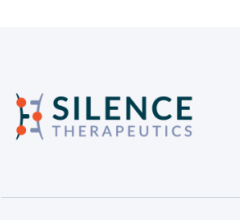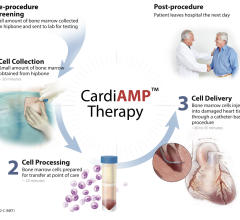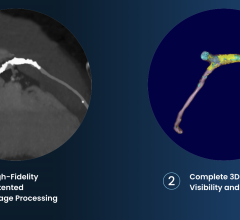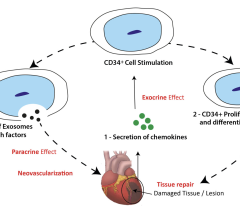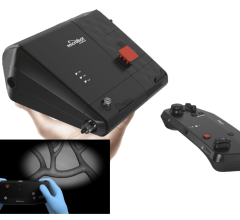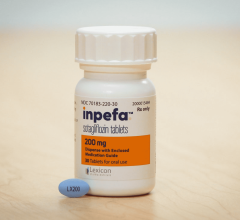October 15, 2014 — AtriCure, Inc. today announced enrollment in the ABLATE Post Approval Study (PAS) is complete.
As of Oct. 3, 2014, the ABLATE PAS enrolled 365 patients at 40 hospitals across the United States. AtriCure expects to release preliminary data from the study in about a year, with a complete report expected to be published in three years.
The ABLATE PAS evaluates clinical outcomes in patients with non-paroxysmal (persistent or longstanding persistent) forms of atrial fibrillation (AFib) who were treated utilizing the AtriCure Synergy Ablation System to perform the Maze IV procedure. The non-paroxysmal Afib patient group represents about half of the diagnosed patient population and who are extremely challenging to manage with conventional medical therapy or catheter ablation.
“The PAS study is intended to build additional evidence of the safety, efficacy and long-term durability of the Maze IV concomitant treatment for Afib using AtriCure’s proprietary surgical devices,” said Patrick McCarthy, M.D., director of the Bluhm Cardiovascular Institute at Northwestern University Feinberg School of Medicine and lead physician for the ABLATE PAS.
The AtriCure Synergy Ablation System is the first and only medical device to receive Food and Drug Administration (FDA) approval for the treatment of Afib in patients with persistent and long-standing persistent Afib undergoing coronary artery bypass grafting and/or valve replacement or repair.
The initial ABLATE study was completed prior to AtriCure receiving a premarket approval (PMA) for the Synergy Ablation System. This study reported results that showed 84 percent of patients free from Afib at six months following an open concomitant Maze IV treatment, and 75 percent of patients free from Afib and off of anti-arrhythmic pharmaceuticals at a mean follow-up of 22 months when assessed by 48-hour Holter monitors. The intent of the ABLATE PAS study is to demonstrate the positive results from the Maze IV treatment used in the original ABLATE study is reproducible and reliable when performed at hospitals across the country.
More than 2.7 million Americans are living with Afib, a cardiac rhythm disorder that increases in prevalence with age. Afib is responsible for nearly 100,000 deaths and adds $26 billion in expenses to the United States healthcare system each year. Afib is associated with a five-fold increased risk of stroke.
For more information: www.atricure.com

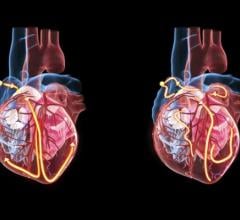
 January 14, 2025
January 14, 2025 
